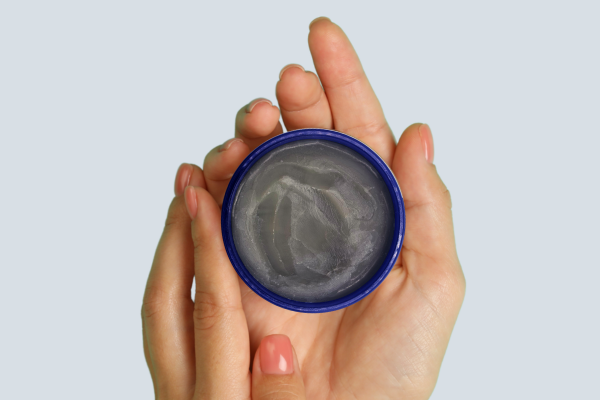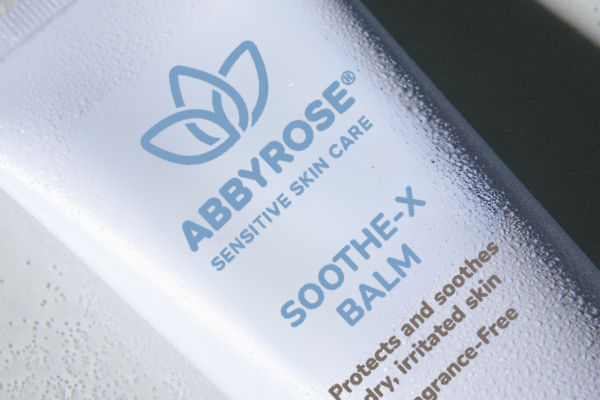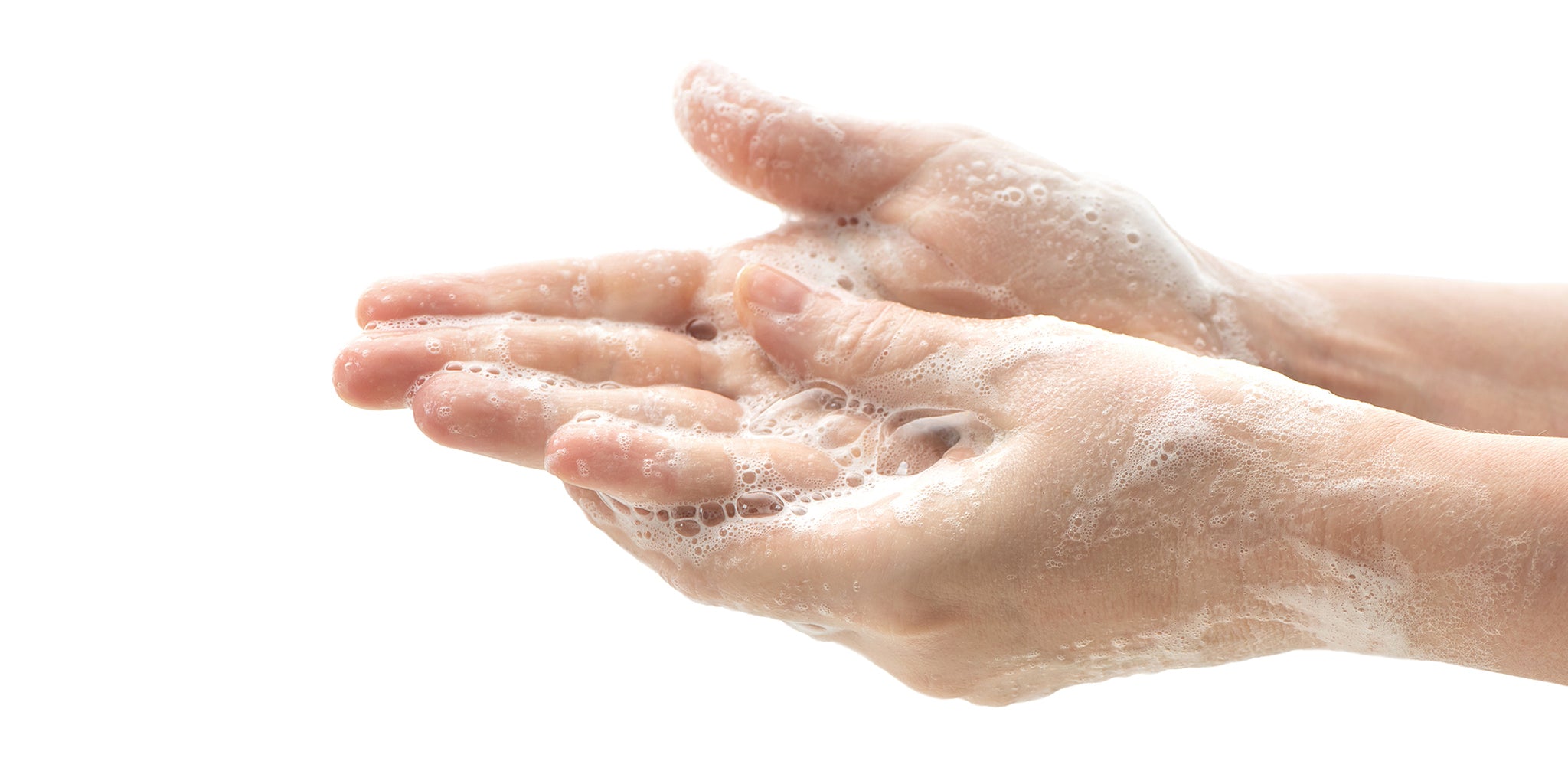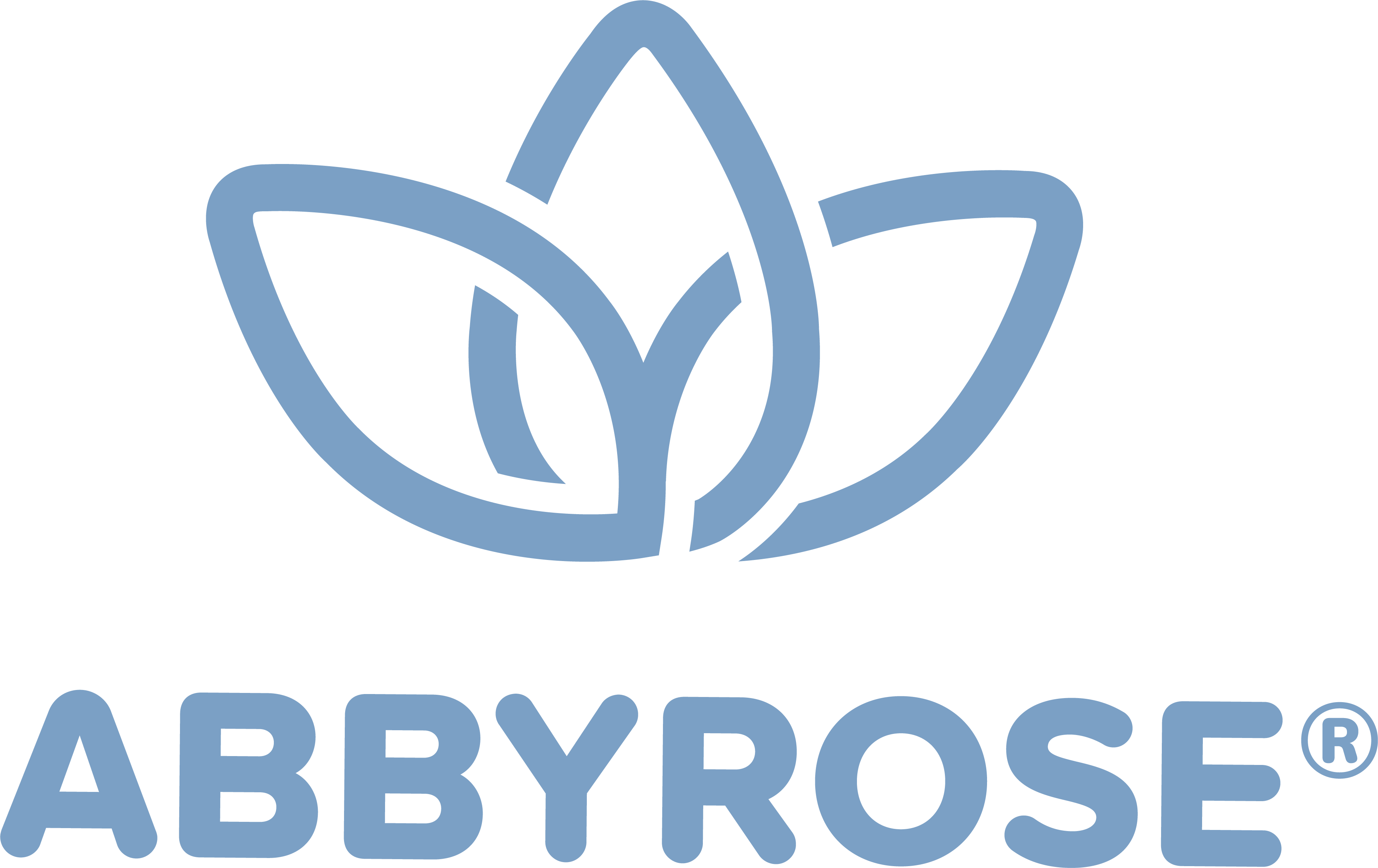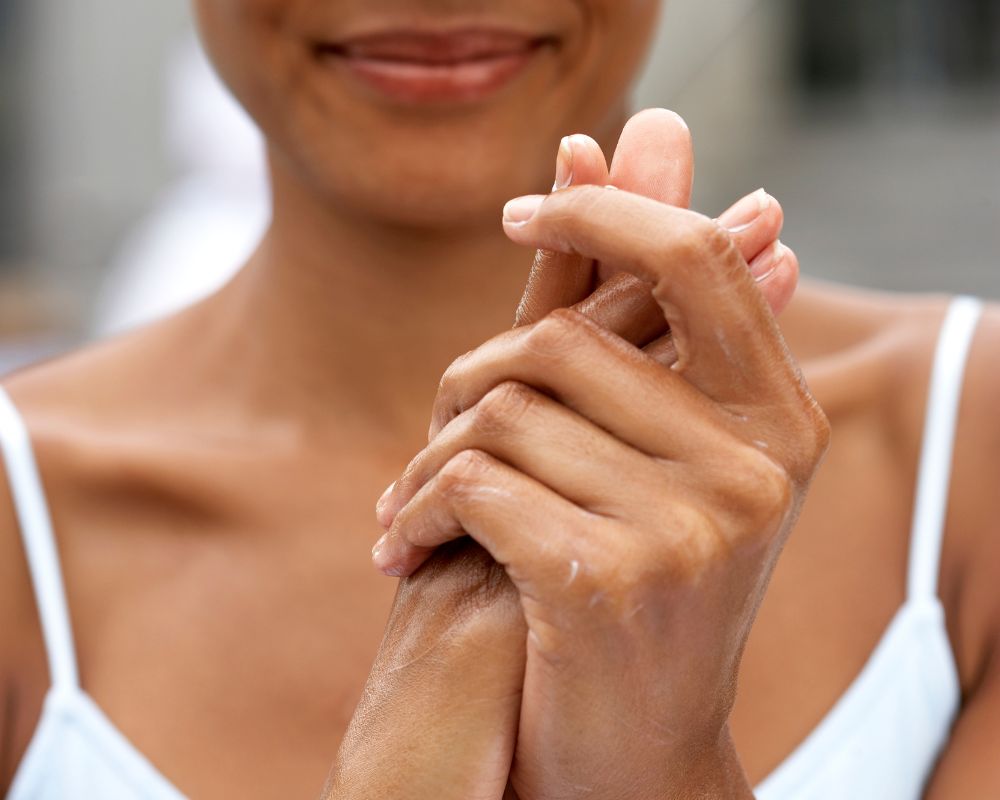It’s TRUE, washing your hands is THE most effective way to prevent the spread of illness. As a nurse in the healthcare industry, you better believe this was reinforced to us over and over again. But what if you have eczema on your hands? Handwashing can be a nightmare for those with chronically inflamed hands. Washing your hands when you have eczema requires special care to avoid exacerbating symptoms and causing further irritation. It requires a delicate balance between cleanliness and skin care.
Here's a guide on how to wash your hands effectively while managing eczema:
Use Lukewarm Water: Avoid hot water, as it can strip away natural oils from your skin and worsen eczema symptoms. Instead, use lukewarm water, which helps to cleanse without causing excessive dryness.
Choose a Gentle Soap: Opt for a mild, fragrance-free soap specifically formulated for sensitive skin or eczema. Steer clear of soaps containing alcohol, fragrances, dyes, and other unnecessary harsh chemicals that can further dry out or irritate your skin. A natural bar soap that retains its glycerin is helpful for preventing dried out skin. Glycerin works as a humectant that attracts and holds moisture to help keep the skin supple and moisturized.
Carefully Cleanse: Gently work your hands into a lather without being too aggressive. Be sure to get under your nails, webbing of the fingers and under any jewelry.
Rinse and Gently Pat Dry: Rinse your hands thoroughly with lukewarm water and gently pat dry with a soft towel leaving some moisture.
Apply Moisturizer Immediately: Moisturize your hands immediately after washing while your skin is still damp to lock in hydration. Choose a thick, fragrance-free moisturizer or a soothing oil-based balm suitable for eczema-prone skin. Oil-based or waterless skincare products will provide the skin with more moisture and skin barrier protection. Consider carrying a travel-sized moisturizer with you for convenient reapplication throughout the day.
Use Gloves for Household Chores: Wear protective gloves while performing tasks that involve exposure to water, harsh chemicals, or cleaning agents. This helps to minimize contact with potential irritants and reduces over washing and the risk of flare-ups.
Avoid Overwashing: Limit hand washing to when it's necessary, such as before preparing food, after using the bathroom, after exposure to public places, or when hands are visibly soiled. Overwashing can strip away the skin's natural oils and disrupt the skin barrier, leading to dryness and irritation.
Moisturize Liberally Before Bed: Apply a generous amount of a thick moisturizer to damp hands before bedtime and consider wearing cotton gloves overnight to enhance absorption and lock in moisture.
Consult a Dermatologist: If you're struggling to manage eczema on your hands despite following these tips, consult a dermatologist for personalized advice. They can recommend treatment options and suitable products tailored to your specific needs and skin condition.
In conclusion, effectively washing your hands while managing eczema requires a thoughtful and gentle approach to cleansing and maintaining skin health. By following the steps outlined above, you can ensure that your hand washing routine supports your skin's needs to prevent flare-ups while also maintaining proper hygiene and preventing the spread of illness.

